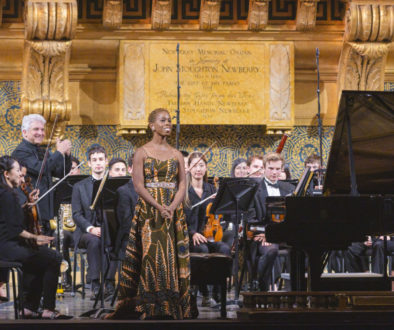The absurdity of labels
Why do we feel the need to highlight the gender of a conductor when she’s a woman, but not when he’s a man?
The answer lies in history and societal norms. Conducting has been a male-dominated field for centuries. When a woman steps onto the podium, it feels noteworthy because she’s breaking through a long-standing barrier. This recognition, intended to celebrate diversity, underscores the idea that women in this role are exceptions rather than the norm.
Singling out “female conductors” reinforces the notion that conducting is inherently a male profession. We don’t say “male conductor” because society has internalized the idea that men are the default in this role. If we did mention it, it would sound absurd, wouldn’t it?
The essence of a conductor lies not in their gender but in their ability to lead and inspire. Over time, as more women take the baton, the term “female conductor” will naturally fade away. We’ll celebrate conductors simply for their brilliance, artistry, and the magic they bring to the podium.
P.S.: picture courtesy of pura musica artists Talia Ilan and Yi-An Xu, both accomplished conductors and fierce advocates for equality on the podium.












